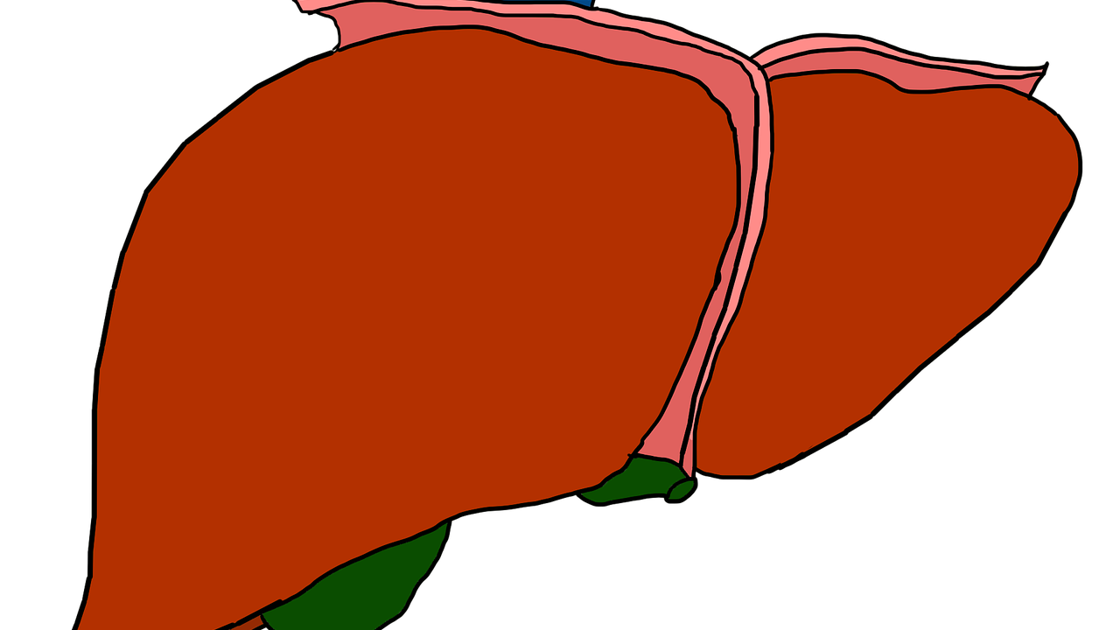
Dear Doctor: My daughter had her gall bladder removed, and two months later she's still suffering from watery diarrhea. She even had to be hospitalized to restore her fluids. What does your gall bladder do? Are there lifestyle or dietary adjustments that could help?
Dear Reader: The gall bladder is a small, pouchlike organ that is located in the upper-right quadrant of the abdomen, just below the liver and next to the pancreas. When distended, the gall bladder is about the size and shape of a small pear. Its job is to store bile, a complex digestive fluid that is made and released by the liver.
One of the roles of bile is to break down fatty foods into smaller components, including fatty acids. This is so that fats, along with fat-soluble vitamins, can be readily absorbed in the small intestine during digestion. Bile also aids in the elimination of certain waste products. Each time you eat fatty foods, your gall bladder contracts and squeezes a bit of bile into the small intestine.
Surgical removal of a gall bladder is known as cholecystectomy. These days, it's most often a noninvasive laparoscopic procedure. The surgery can become necessary due to the presence of gallstones, which are hardened deposits that can form within the bladder. Gallstones may leave the bladder via the bile duct, a process that can be extremely painful. However, sometimes due to their size, quantity or position within the gall bladder, gallstones aren't able to exit. They may block the bile duct, which can cause pain and lead to infection. Signs of gall bladder problems include abdominal pain and tenderness, excessive gas, chronic indigestion, fever, chills, nausea and jaundice.
The diarrhea that your daughter is experiencing is believed to occur in 10% to 20% of people who have had their gall bladders removed. The reason for it isn't really clear. One theory is that, without the gall bladder to store bile, the increase in bile and bile acids within the intestines creates an environment that leads both to watery stools and increased muscular contractions. Basically, the excess bile and bile acids act as a laxative.
In most cases, this post-surgical diarrhea will resolve in the days and weeks following gall bladder surgery. In the short term, anti-diarrheal medications such as Imodium A-D may be used to get bowel movements under control.
Some people with this type of diarrhea find it helpful to eliminate caffeine, sweets or dairy products from the diet. If your daughter's condition persists, her doctors may consider prescribing cholestyramine, a cholesterol medication that uses nondigestible resins to bind up the bile acids within the intestines. Due to the binding properties of cholestyramine, it's important after a dose to wait four to six hours before taking other medications or supplements. Following a low-fat diet may help boost cholestyramine's efficacy.
"Occur" - Google News
March 27, 2021 at 11:30PM
https://ift.tt/39l3ms5
Ask the Doctors: Watery stool can still occur after gall bladder surgery - Santa Maria Times
"Occur" - Google News
https://ift.tt/2Qqpsjw
Shoes Man Tutorial
Pos News Update
Meme Update
Korean Entertainment News
Japan News Update
Tidak ada komentar:
Posting Komentar